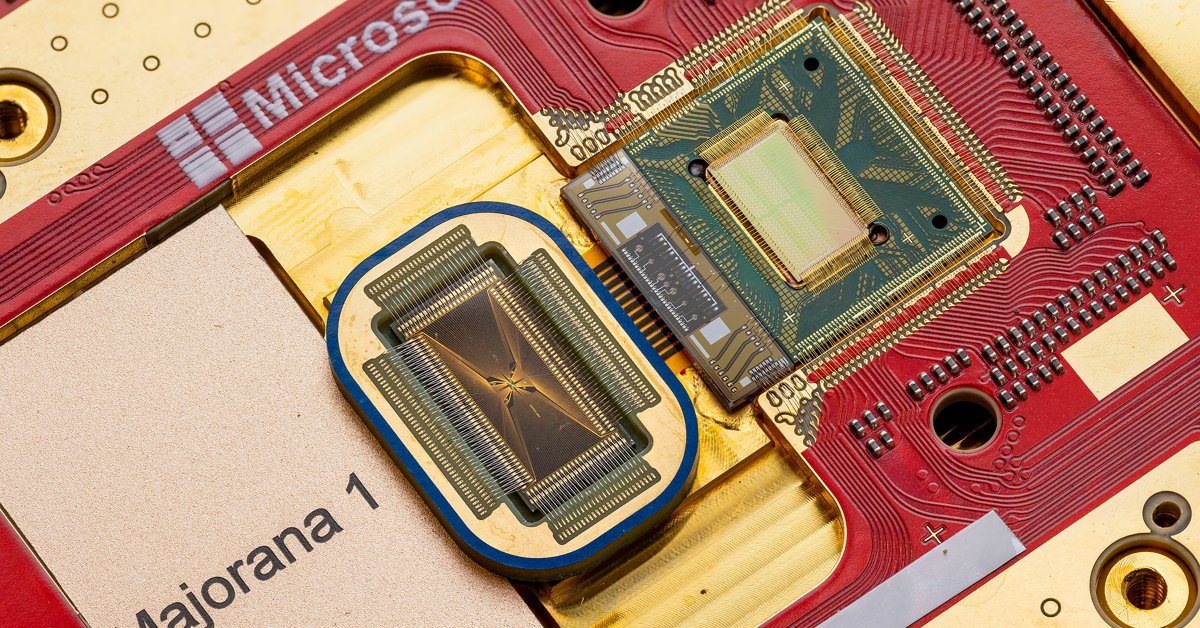While the age of quantum computers—machines capable of solving problems better than even the best supercomputers—is not yet upon us, a flurry of breakthroughs in the last year has brought the future closer. In December, Google unveiled its Willow quantum chip, quickly followed by Microsoft’s Majorana 1, and Amazon’s Ocelot. IBM, already a leader in this space, is set to debut its new Nighthawk processor before the end of the year. Each has demonstrated the ability to make the experimental systems and their famously finicky, ultrasensitive quantum units more stable and reliable. The approaches vary, but the simultaneous breakthroughs mark a Cambrian-esque explosion in the field, says Marin Ivezic, founder of Applied Quantum, a consulting firm specializing in quantum computing. While many engineering challenges remain, “the race is now about who can scale it fastest,” Ivezic says.

